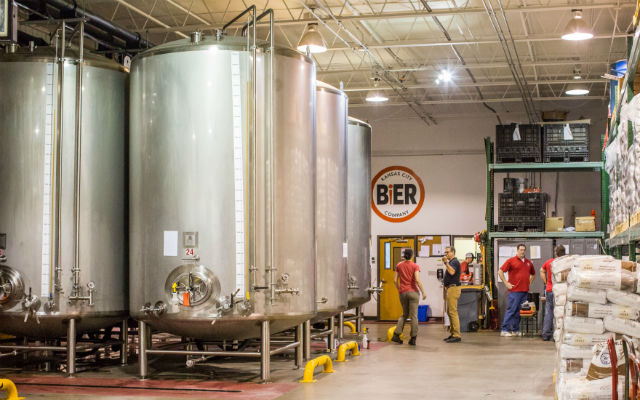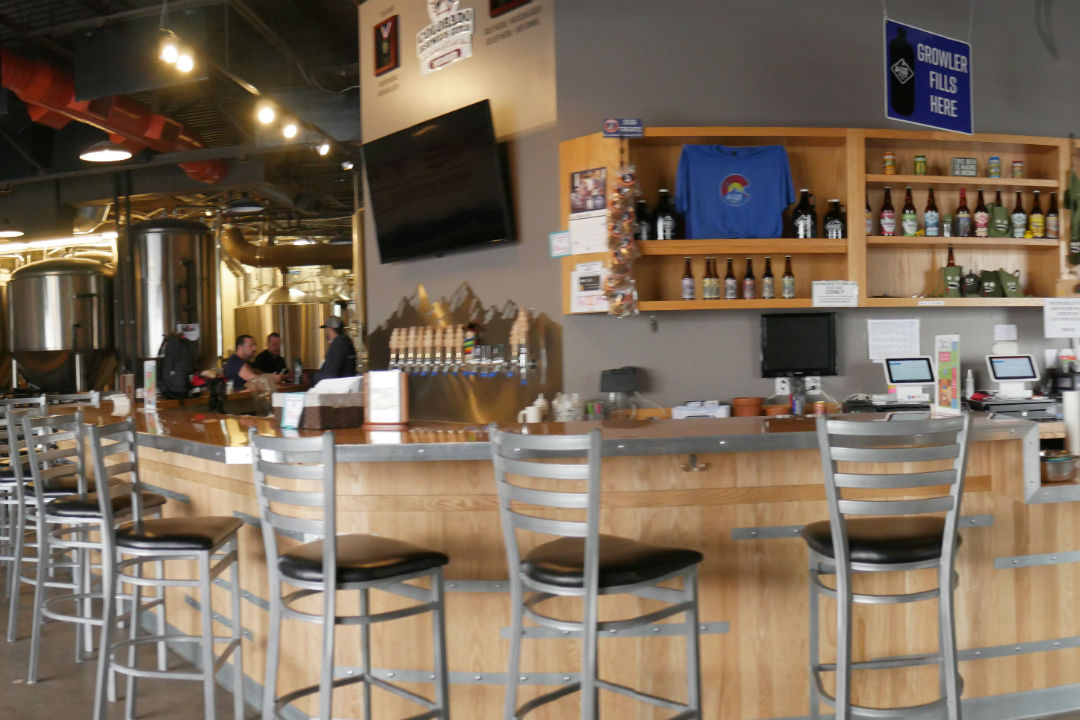
It’s 2017 and yet craft brewers in some states are still dealing with laws that are nearly a century old. The laws lobbied for by the large brewers did not consider the future creation of a thriving micro-brewery industry. It has been an ongoing process for craft brewing to modify laws concerning taxation and distribution that impede the small producer.
What has helped the craft beer industry’s cause most is the positive economic impact that craft beer has had noted Kansas City Bier Co. founder Steve Holle.
“Craft breweries pay local excise and sales tax, create jobs, improve the livability of cities, and have also been an engine for urban redevelopment,” he said.
KC Bier had to petition the city of Kansas City for a change to its tavern liquor license law just to get going, Holle said.
He noted that the city has a “density” restriction on the number of tavern licenses it will issue in a specified geographic area to protect neighborhoods from becoming a strip of endless bars where drinking is concentrated in one area.
KC Bier wanted to open a tasting room and Biergarten, even though the brewery’s focus is on selling beer on a wholesale basis throughout the city. Because the maximum number of tavern licenses had been issued in the neighborhood, the brewery could not get a liquor license. However, when it was explained that the purpose of the tasting room was to act as a “manufacturer’s showroom” where customers could experience the beer in a unique environment that would promote sales at other bars, restaurants, and liquor stores, the city got on board and passed an exemption for breweries that only sold beer they produced in their tasting rooms.
“The city council recognized that Kansas City lagged other cities in the Midwest in the number of breweries that were opening, and therefore missing out on the jobs and tax revenues these small businesses were creating,” Holle said. “Today, [we] operates a popular, family-friendly Bierhalle and Biergarten that is an amenity to the city’s residents while supporting wholesale beer sales that exceed tasting room sales by almost 10 to 1.”
Governments do not want to miss out on the positive economic impact created by craft beer, added Holle.
“They have slowly recognized the benefits of assisting small breweries to open and operate, and slowly moving the attitudes toward beer away from a social ill that must be suppressed to protect public health, to a more enlightened attitude that a thriving craft beer industry creates more interesting communities and thriving retail businesses,” he said. “[They] now view beer in the same favorable light that wine has enjoyed for decades, that is, beer is also an artisanal product to be enjoyed and valued because of the craftsmanship that creates it.”







Be the first to comment